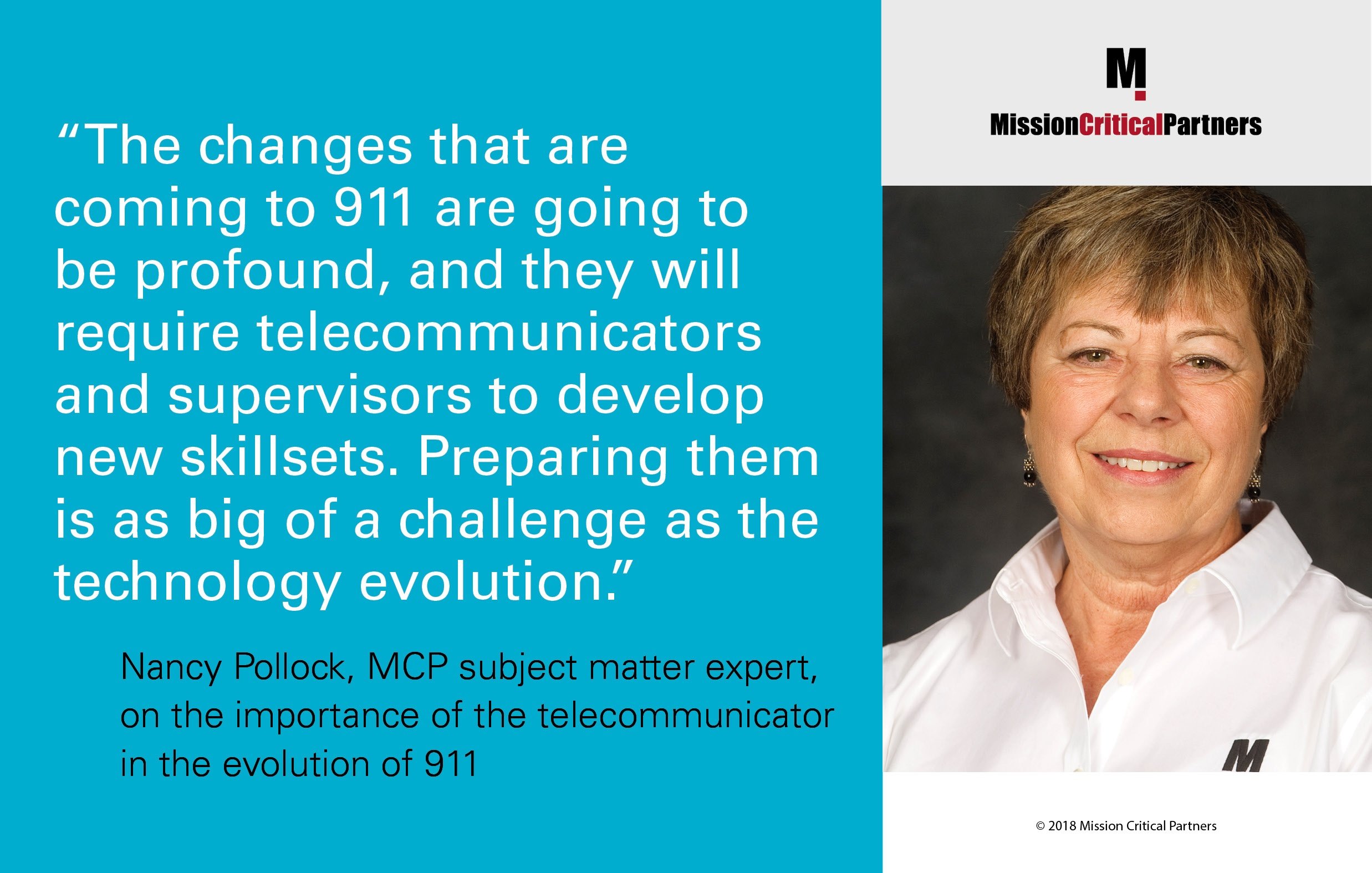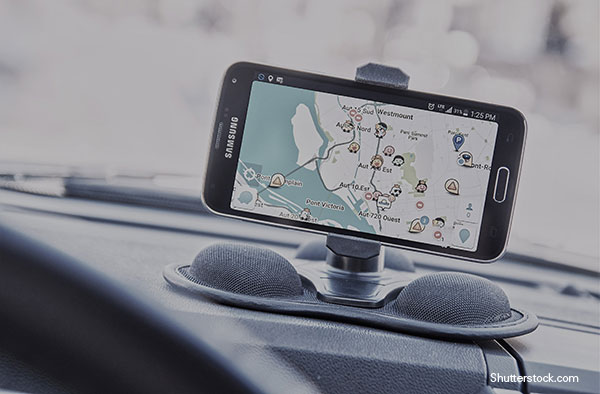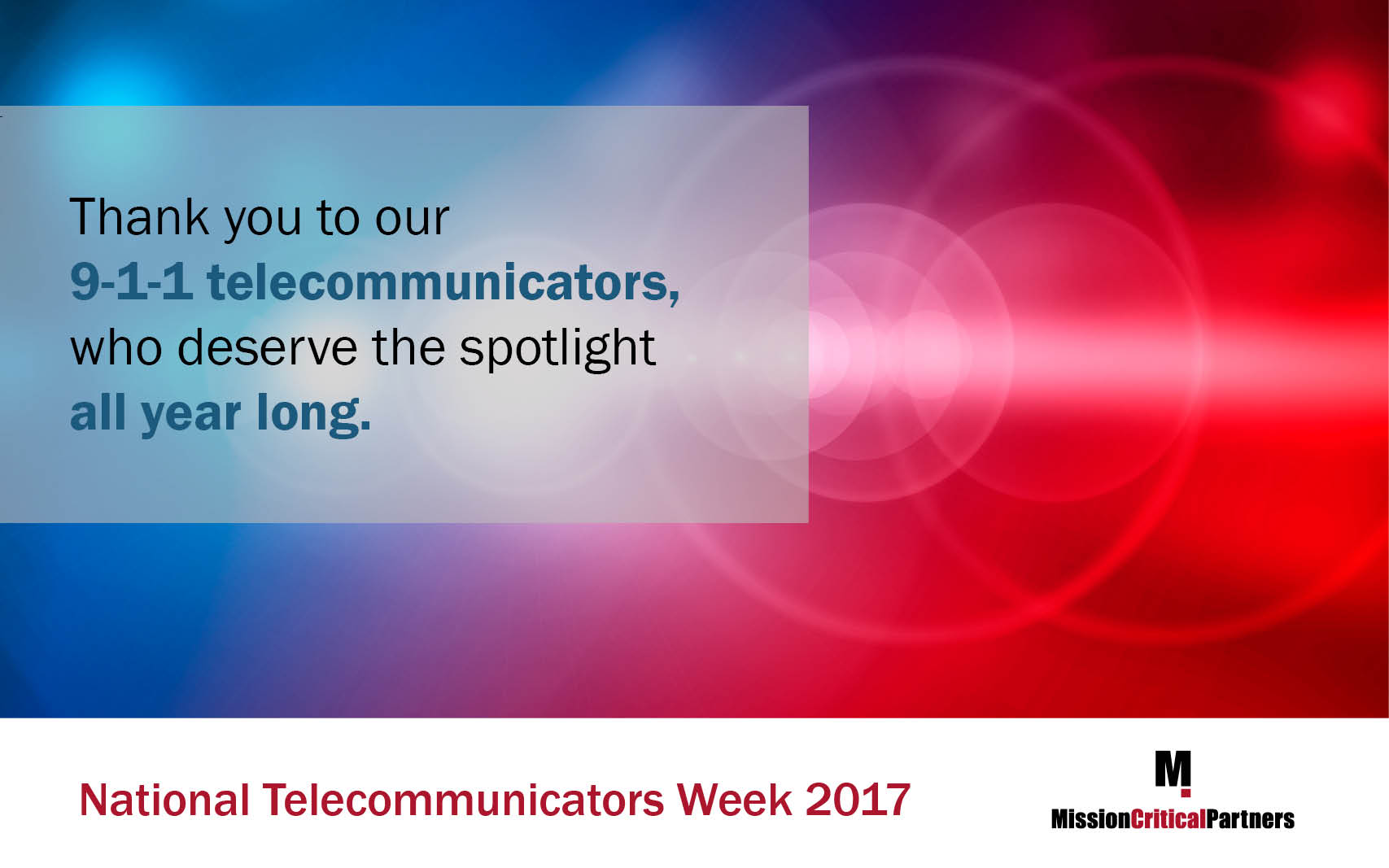The Other Side of Early Adoption in the Public Safety Community
Being an early adopter in the public safety/emergency response community is a wonderful thing. It is exhilarating to be on the leading edge of technology innovation, especially when one is steeped in the belief that such innovation will save many more lives—which happens to be the public safety communications community’s business.
However, as with most things in life, there is a flip side to this coin, which is that it not always easy to be an early adopter. To pull it off one needs not only considerable vision and drive, but also an equal measure of fortitude.
Recently I moderated a panel discussion regarding a pilot project conducted earlier this year that explored how social media data could be leveraged to enhance emergency response. (If you missed this free webinar, it is archived here. I urge you to take the time to view it—a lot of great information was presented on a very interesting project.)







.jpg)


